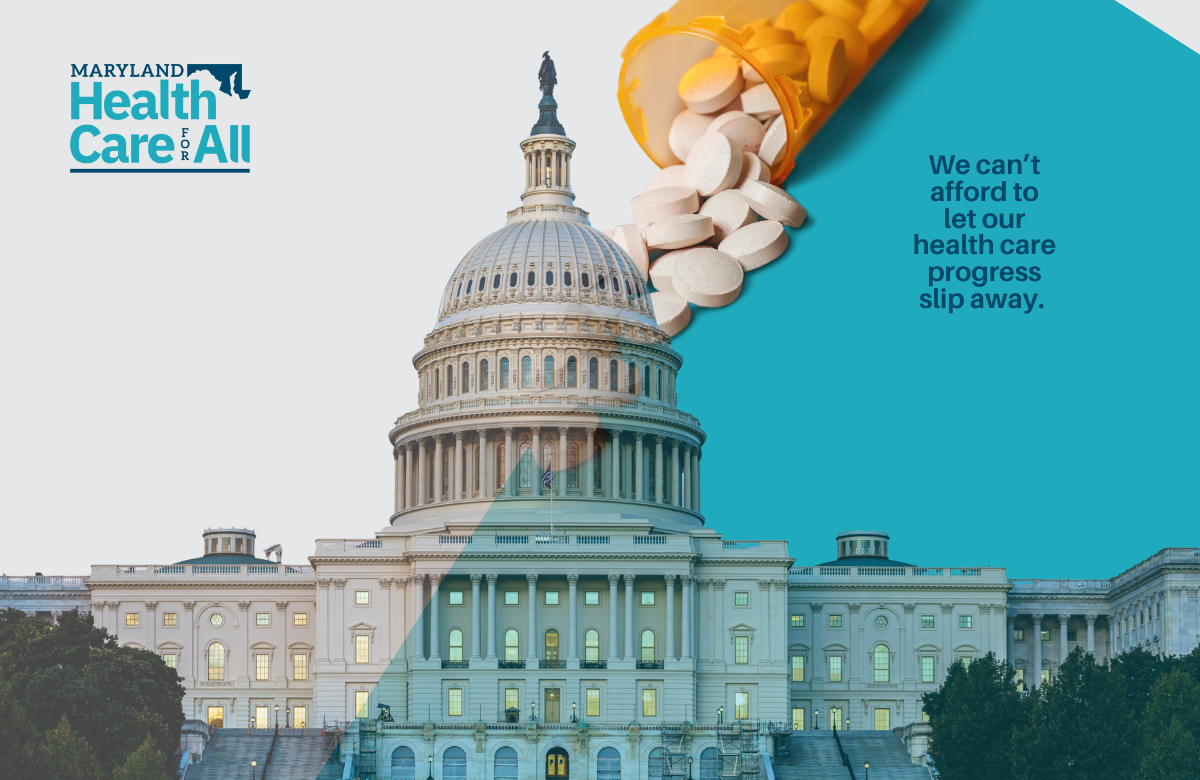The New York Times
August 18, 2018
By: Robert Pear
WASHINGTON — States around the country are clamping down on pharmaceutical companies, forcing them to disclose and justify price increases, but the drug manufacturers are fighting back, challenging the state laws as a violation of their constitutional rights.
Even more states are, for the first time, trying to regulate middlemen who play a crucial role by managing drug benefits for employers and insurers, while taking payments from drug companies in return for giving preferential treatment to their drugs.
The bipartisan efforts by states come as President Trump and his administration put pressure on drug companies to freeze prices and reduce out-of-pocket costs for consumers struggling to pay for drugs that often cost thousands of dollars a month.
Twenty-four states have passed 37 bills this year to curb rising prescription drug costs, according to Trish Riley, the executive director of the National Academy for State Health Policy, a nonpartisan forum of policymakers, and several state legislatures are still in session.
The burst of state activity on drug costs recalls the way states acted on their own to pass laws to expand health insurance coverage in the years before Congress passed the Affordable Care Act in 2010.
“In the absence of federal action, states are taking the lead in combating high drug prices,” said State Representative Sean Scanlon of Connecticut, a Democrat.
A bill passed unanimously this year by the Connecticut General Assembly illustrates a popular tactic: States are shining a spotlight on drug price increases as a first step toward controlling costs.
Under the Connecticut law, drug companies must justify price increases for certain drugs if the price rises by at least 20 percent in one year or 50 percent over three years. Insurers must identify their 25 highest-cost drugs and the 25 with the greatest cost increases when they file their annual rate requests with the state Insurance Department.
In addition, the middlemen, known as pharmacy benefit managers, must disclose the amount of rebates and other price concessions they receive from drug companies.
Republicans have their own reasons for concern.
“As state legislators, we are responsible for the wise stewardship of taxpayers’ money,” said State Representative Norm Thurston of Utah, a Republican. “The state spends a lot of taxpayers’ money on prescription drugs, through Medicaid, corrections and jails, state employees, higher education employees and their dependents. We should be sure we’re getting the best deal.”
In response to a bill introduced by Mr. Thurston, the Utah Health Department is studying possible ways to import prescription drugs from Canada, and he is working with a Republican state senator on a bill to require the reporting of price information by drug companies.
California has adopted a law requiring drug companies to provide advance notice of price increases, together with a detailed statement of the reasons for the increases. In addition, insurers must file annual reports showing the percentage of premiums attributable to drug costs.
“Californians have a right to know why their medication costs are out of control, especially when pharmaceutical profits are soaring,” Gov. Jerry Brown said.
Drug companies have filed suit to block the California law, which they describe as “unprecedented and unconstitutional.”
The law “exports California’s policy choices” to the rest of the country and violates the First Amendment by compelling drug manufacturers to explain their price increases, said the lawsuit, filed by the Pharmaceutical Research and Manufacturers of America.
PhRMA, along with the Biotechnology Innovation Organization, also went to court to challenge a law signed by Gov. Brian Sandoval of Nevada, a Republican.
The Nevada law requires manufacturers of diabetes medicines, such as insulin, to report detailed information, including the production costs for each drug, the amount spent to market it, the profits earned on its sales and the amount of rebates paid to pharmacy benefit managers for sales of the drug in Nevada.
Drug companies dropped the lawsuit in June after Nevada agreed that certain information in the drug price reports could be kept confidential.
Reining in drug costs is a top priority for state officials who run Medicaid, the health program that serves more than 70 million low-income people.
Oklahoma will soon start paying for some prescription drugs based on how well they work. If a drug does not perform as promised, the manufacturer will refund the cost of the drug or another negotiated amount.
“If a drug claims to keep people out of the hospital and doesn’t, the manufacturer may be liable for the cost of the hospitalization,” said Nancy Nesser, the pharmacy director of the Oklahoma Medicaid program.
New York has imposed an annual cap on drug spending in its Medicaid program. If spending is projected to exceed the cap in any year, state officials must identify drugs responsible for the excess costs and try to negotiate additional rebates with drug manufacturers to keep spending under the cap. If a drug company balks, the state can restrict access to its drugs or impose controls on their use, based on advice from an independent panel that reviews the drugs’ costs and clinical benefits.
In the first year of the program, which ended in March, spending was on track to exceed the target, but state officials say they extracted $60 million in additional savings for the state through negotiations with companies that produce 30 particularly high-cost drugs.
In Ohio, Medicaid officials announced this past week that they had a new way to pay for prescription drugs. Pharmacy benefit managers will no longer be allowed to keep any of the payments they receive from drug manufacturers. The money must be passed on to Medicaid health plans and used for the benefit of Medicaid recipients, starting Jan. 1.
Ohio officials said they wanted to know whether the benefit managers had been overcharging the state, but were frustrated in trying to obtain drug pricing information.
“It’s shrouded in secrecy,” said Tom Betti, a spokesman for the Ohio Medicaid agency. “We intend to open up the black box.”
Maine adopted a law last month doing something that Congress has been trying, without success, to do for several years. The law requires manufacturers of brand-name drugs to make samples available to generic drug companies trying to develop inexpensive copies of those products. Generic drug developers need the samples to show that a low-cost generic copy is equivalent to the brand-name original.
The stated goal of the Maine law is to promote competition, so consumers do not have to pay “monopoly drug prices.”
A growing number of states have passed laws to ensure that pharmacists can inform customers of less expensive options. These laws ban “gag clauses,” which prevent pharmacists from telling consumers when they could save money on prescriptions by paying cash rather than using their health insurance.
Maryland tried a particularly bold approach.
After reports of huge increases in the prices of certain generic drugs, Maryland banned “price gouging,” defined as an unconscionable increase in the price of any “essential off-patent or generic drug.” A drug company that flouts the law could be fined $10,000 and be required to pay refunds to consumers.
The lobby for generic drug companies, the Association for Accessible Medicines, filed suit to block the law, and the United States Court of Appeals for the Fourth Circuit, in Richmond, Va., struck down the law, saying it interfered with interstate commerce in violation of the Constitution.
Under the law, it said, Maryland would regulate prices in transactions that occur wholly outside its borders — prices charged by drug makers to wholesalers — regardless of whether any pills were ever shipped to Maryland.
In a lengthy dissent, Judge James A. Wynn Jr. said that Maryland should be able to protect the health and welfare of its citizens. The court, he said, was accepting the drug companies’ view that they were “constitutionally entitled to impose conscience-shocking price increases” on consumers.
Last modified: August 20, 2018



